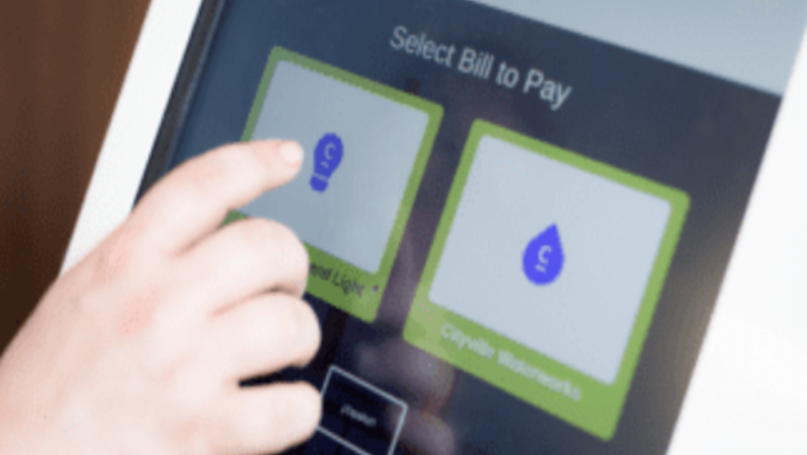
DAYTONA BEACH, Fla. -- The COVID-19 pandemic has required Volusia County to adjust and adapt and find convenient and creative ways for residents to conduct business with the county. The latest innovation: self-service payment kiosks.
The Volusia County Council on Tuesday approved a request to buy two CityBase kiosks from Virginia-based Carahsoft Technology Corp.
CityBase kiosks offer a fast, secure, self-service option for people who prefer to pay their bills in person, but want to avoid going into an office and standing in line. Initially, residents who receive their utility service from the county would be able to pay their bill at one of the kiosks – which will accept cash, credit cards and checks. But county officials said they might partner with cities in the future to provide options to pay other bills as well.
While a final decision hasn’t been made, the county is considering putting the first two kiosks inside libraries in DeBary and Edgewater because that’s where the majority of its utility customers live. The kiosks are expected to be in place and operational in December.
“We’re looking at kind of starting it there,” Business Services Director Jeaniene Jennings told the County Council on Tuesday. “And if we need to let it grow into other areas, we will.”
The $161,412 package approved on Tuesday includes the two kiosks, all of the related hardware and software, a three-year software subscription and three years of annual maintenance. In addition to providing a convenient option, the kiosks are a health safety feature that could reduce the number of people gathering in the lobby of county facilities waiting to pay their utility bill.
For that reason, the county is tapping into federal coronavirus relief funds to pay for the kiosks. County Manager George Recktenwald said the county is looking to find new ways of transacting business during the pandemic that will also be useful and convenient for the public when the pandemic is over.
“Wherever we could, we asked staff to look at something that would be applicable to help us through this, but be applicable going forward. And this is a perfect example of that,” said Recktenwald. “I think it’s going to help us well into the future.”
